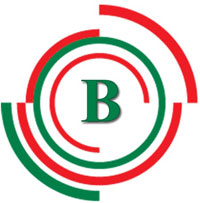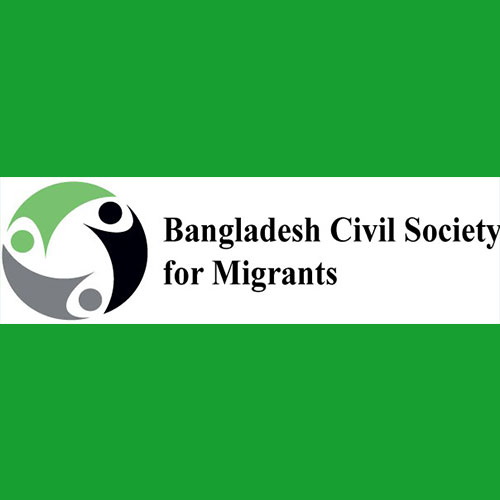BASUG registration

BASUG, registered with the Dutch Chamber of Commerce, emerged out of desire and conviction of a number of professional migrants in the Netherlands coming mainly from Bangladesh, and others here to work on issues relevant to the community and overwhelming urge to contribute to development of Bangladesh. Its immediate motivation was to come forward and assist in devastating floods and other calamities, frequenting the country. It was working since early nineties, but formalized in 2005.
Although primarily focused on Bangladesh, Bangladeshi Diaspora in the Netherlands and U.K, it has increasingly, reached out to Bangladeshi Diaspora in other European countries and to Sri Lankan Diaspora in Europe. BASUG thus blended best of both cultures- East and West. This is reflected in its every sphere, in its strategy and management style, to realise the objectives of the organisation.
Apart from the Netherlands, BASUG has its Registered Chapters in Bangladesh and Germany. It has also Chapters in the United Kingdom, Italy and Belgium. In addition, it has established partnership with a leading Sri Lankan organization, SEEDS and a number of organisations in Bangladesh including INAFI, ENDEAVOUR, WARBE, CDC and Shakti Foundation.
Vision:
- a gender balanced society where women can enjoy equal rights with men
- where migrants are empowered, visible, heard and counted
- where children enjoy a healthy society with all basic needs
- where human rights are respected
Mission
- Socio-economic emancipation of the marginal poor- mainly the women and the children;
- Make women aware of their own dignity and rights both at home and in the society;
- Empower women through participatory approach for improving the quality of life in order to achieve an optimal and sustainable development;
- Provide education to the poor children and women having no or minimum access to the conventional education system;
- Strengthen the Diaspora advocacy movement to bring forward the migrant agenda both nationally and globally.
Vision:
- Assist marginal poor women and children with no basic education in identifying their problems and work to mitigate their poverty;
- Empowerment of women with special focus on gender equality;
- Innovation of different modes and mechanism of development and awareness messages on issues including Violence Against Women;
- Build strategic partnership and alliances with different stakeholders, development agencies and Diaspora organizations and platforms active in the Netherlands and beyond, on issues such as migration, remittance and development.
- Strengthen the Diaspora advocacy movement to bring forward the migrant agenda both nationally and globally.
What strategy is used to realise the objectives?
BASUG’s strategy is to work in partnership with serious and credible organizations and individuals to further its stated goals. Forging effective partnership is its key strength, as this does not only strengthen the organization, but by selecting partners with capacity, commitment and expertise, objectives are achieved as expected. Partnership is also power for a migrant organization working for, with and within the community.
One such example of partnership is BASUG’s relationship with OXFAM NOVIB which began in 2005. BASUG has thus established network of partners, in Europe, notably with Oxfam Novib, EC-UN, JM&DI (Joint Migration and Development Initiative), ICCO, Seva Network Foundation, DFD(Diaspora Forum for Development), Mondriaan Onderwijs, Atos Origin and Social Vision of London School of Economics, UK. In Bangladesh, with INAFI Bangladesh/Asia, Endeavour, WARBE, UDDIPON, Shakti Foundation, Everbright Foundation and CDC (Communication Development Centre) and in Sri Lanka, with SEEDS (Sarvodaya Economic Enterprise Development Services (Guarantee) Ltd.



Another important strategy followed is to appreciating the objectives set and design a deliverable but high impact project in the first place. This strategy has turned out to be most successful so far as BASUG gained its capacity and confidence incrementally.
What are the organisation’s core activities?
Core activities include microfinance, non-formal education, campaign on gender equality, specifically on domestic violence, financial literacy, policy advocacy, awareness programs in migrant communities on remittance, including benefits and banes formal and informal channels, gender, and development. In addition, training of trainers forms other main activity. These programs are, wherever appropriate, focuses on Bangladeshi migrants’ community in the Netherlands, in Bangladesh, and in other European countries. Microfinance, non-formal education are exclusively conducted in Bangladesh, while the rest conducted within the community in the Netherlands, Germany, UK, Italy, France, Belgium, Sri Lanka and in Bangladesh.
The advance of technology is based on making it fit in so that you don't really even notice it, so it's part of everyday life.
B. Johnso

